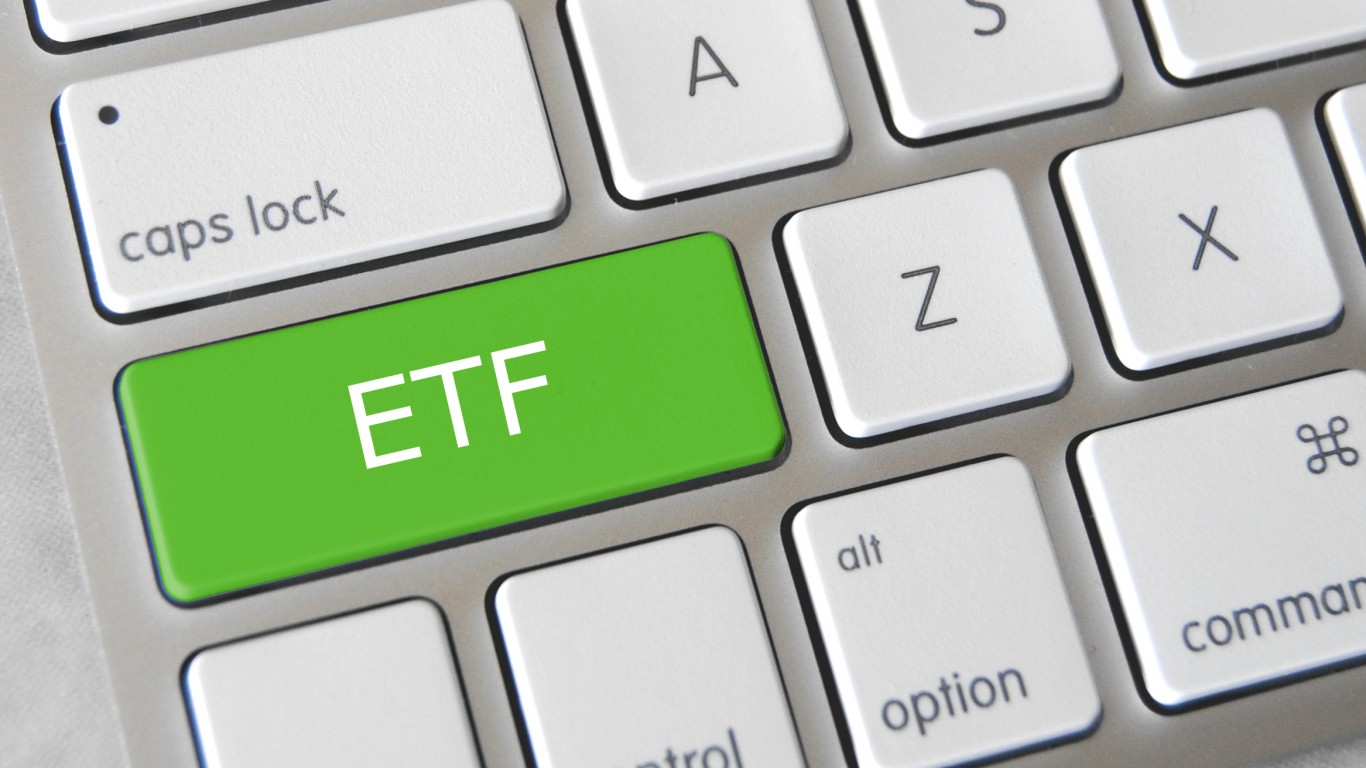
Apple Inc. (NASDAQ: AAPL) and Google Inc. (NASDAQ: GOOG) have between them sewn up about 90% of the smartphone operating system market. Apple’s iPhone revolutionized the smartphone business and still commands the highest premium of any phone on the market, even though Samsung Electronics sells more handsets.
Google’s free Android operating system may not generate much revenue for Google, but it dominates the OS marketplace, with more than 70% share.
RIM, of course, wants to be at least number three in the smartphone market, but the Nokia Corp. (NYSE: NOK) and Microsoft Corp. (NASDAQ: MSFT) venture have beat the Canadian firm to market with a good product that hasn’t gotten a lot of traction. And while the prelaunch reviews of BlackBerry 10 have been quite positive, the Nokia-Microsoft pairing could do no better than be considered an also-ran in the latest sales numbers.
Sure it takes time, but Microsoft can afford to invest and wait for a year or two. But can RIM?
RIM’s strength has always been its penetration of the business market, where the company’s private network was a primary attraction to security-minded CIOs. But both Android and iOS phones now have overcome that objection, and companies are letting employees use their own phones to conduct company business. And employees have not been buying RIM phones.
There is no incentive for an employee to ditch an Apple or Samsung phone, and precious little incentive for an employer to buy a new BlackBerry 10 for its workers. To break through that BYOD barrier, RIM may have to offer its phones to businesses at prices that will crush RIM’s profits.
Investors who have been driving up the price of RIM’s shares ever since the company announced the launch date for its new phone have gotten cold feet in the past few days. The share price dropped below $15 earlier today, from a recent high of more than $18 a share. Shares are trading down about 5.7% at $15.25 shortly before noon today, in a 52-week range of $6.22 to $18.32.
It’s Your Money, Your Future—Own It (sponsor)
Are you ahead, or behind on retirement? For families with more than $500,000 saved for retirement, finding a financial advisor who puts your interest first can be the difference, and today it’s easier than ever. SmartAsset’s free tool matches you with up to three fiduciary financial advisors who serve your area in minutes. Each advisor has been carefully vetted and must act in your best interests. Start your search now.
If you’ve saved and built a substantial nest egg for you and your family, don’t delay; get started right here and help your retirement dreams become a retirement reality.
Thank you for reading! Have some feedback for us?
Contact the 24/7 Wall St. editorial team.





